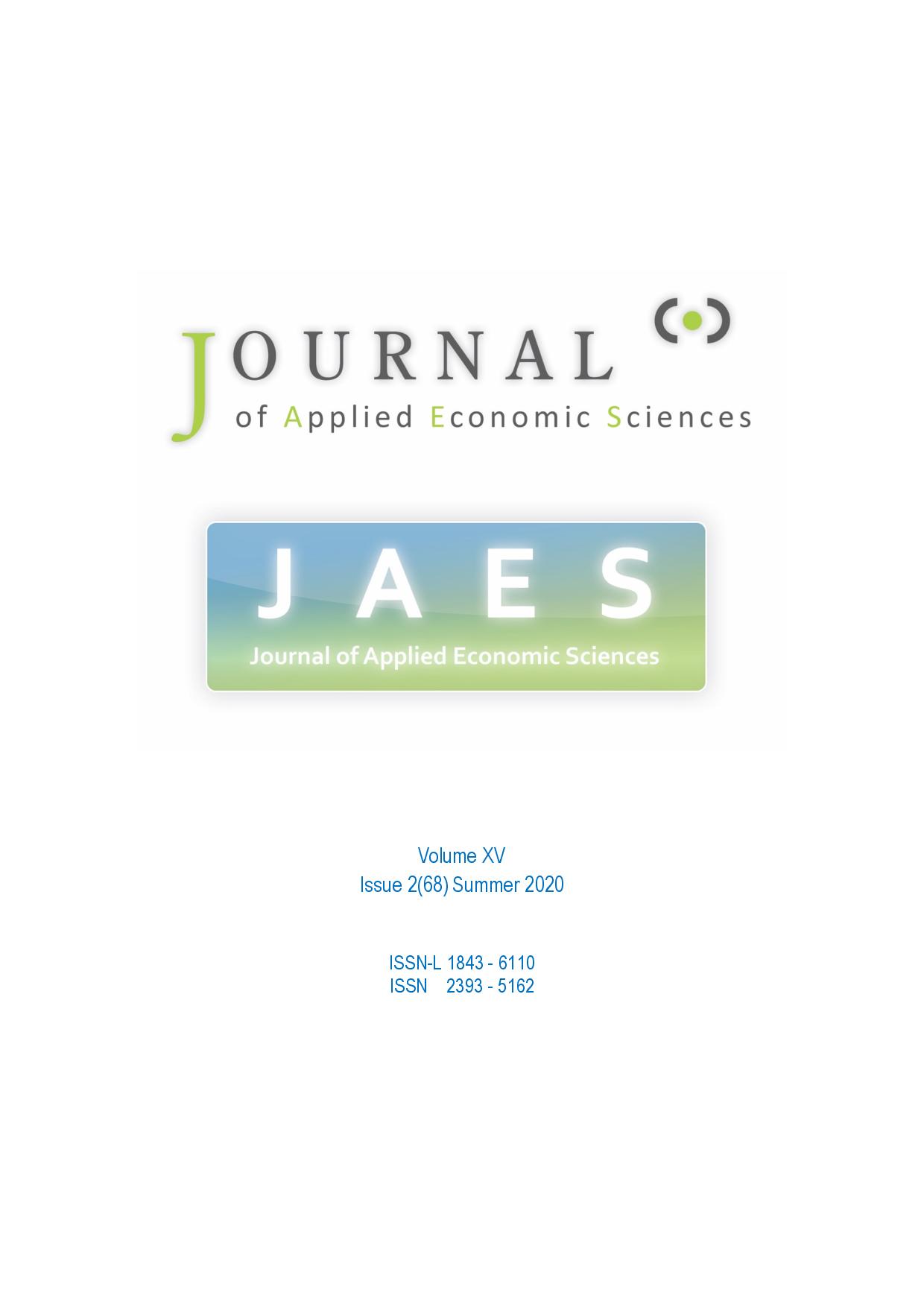Determinants of Human Capital Inequality in Developing Countries: Generalized Method of Moments (GMM)
Determinants of Human Capital Inequality in Developing Countries: Generalized Method of Moments (GMM)
Author(s): Suraya Mahmood, Ahmed HUSSEIN, Bashar Alkhawaldeh, Suraya Ismail, Hammed Oluwaseyi MusibauSubject(s): Economy, Supranational / Global Economy, Business Economy / Management, Human Resources in Economy
Published by: ASERS Publishing
Keywords: human capital inequality; generalized method of moments;
Summary/Abstract: This paper examines the determinants of human capital inequality in developing Countries using the Gini coefficient as a proxy to human capital inequality. This paper uses a few variables such as average years of education, public expenditure on education, life expectancy, fertility rate and emigration rate by difference skill using dynamic panel data two-Step System Generalized Method of Moment (GMM) for 57 developing countries over the period of 1965-2017. The empirical results show that the past of human capital inequality, average years of education have a significant effect on human capital inequality in the entire world and developing at 1% and 5% level. However, the public expenditure on education, total emigration rate, emigration by medium skill only significant in the world. For emigration rate by high skill only significant in developing countries. For life expectancy, only developing countries have a significant effect on human capital inequality at a 10% level. Other variable such as life expectancy is insignificant on human capital inequality at any level in the world and developing countries.
Journal: Journal of Applied Economic Sciences (JAES)
- Issue Year: XV/2020
- Issue No: 68
- Page Range: 407-414
- Page Count: 8
- Language: English

